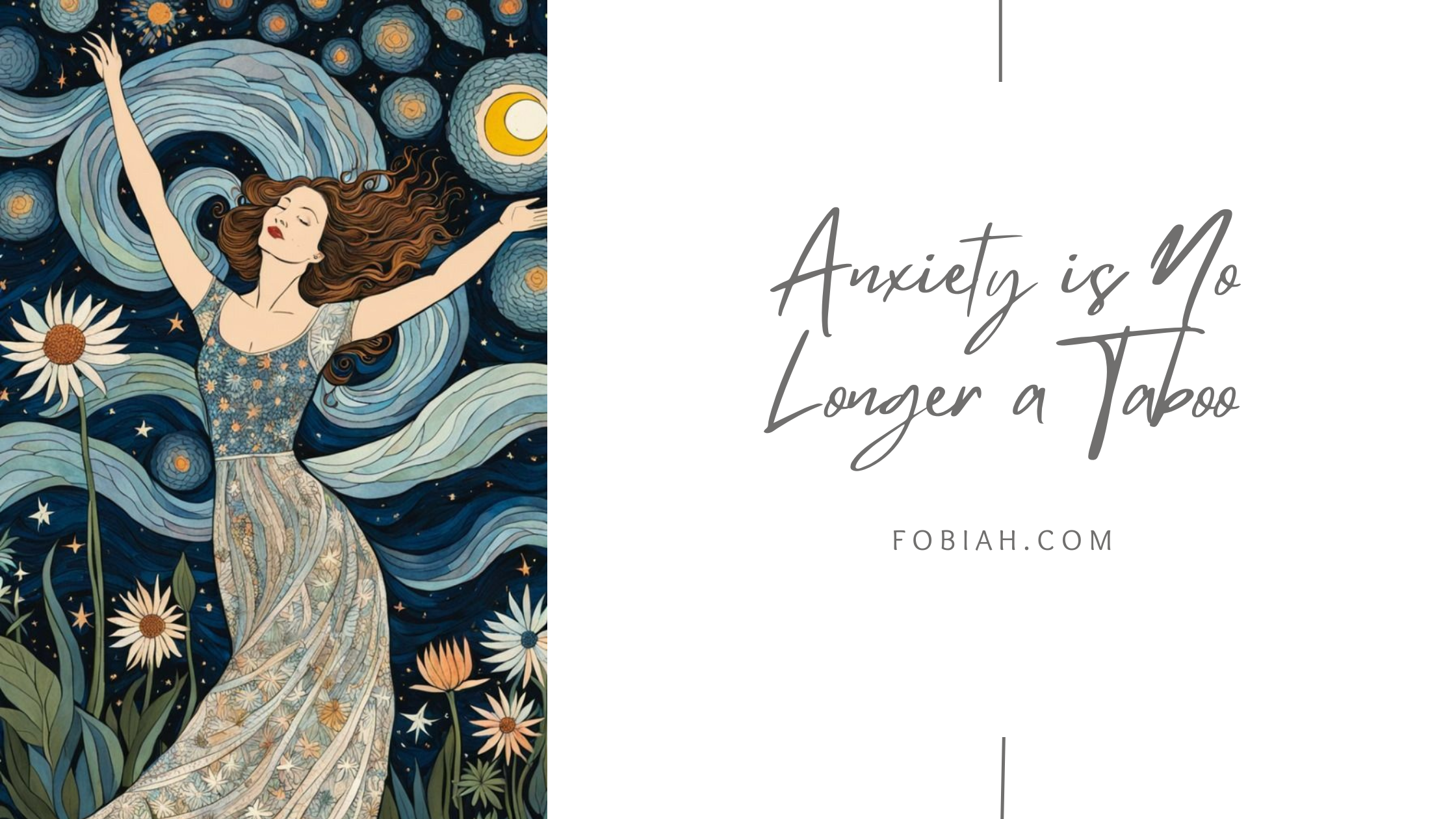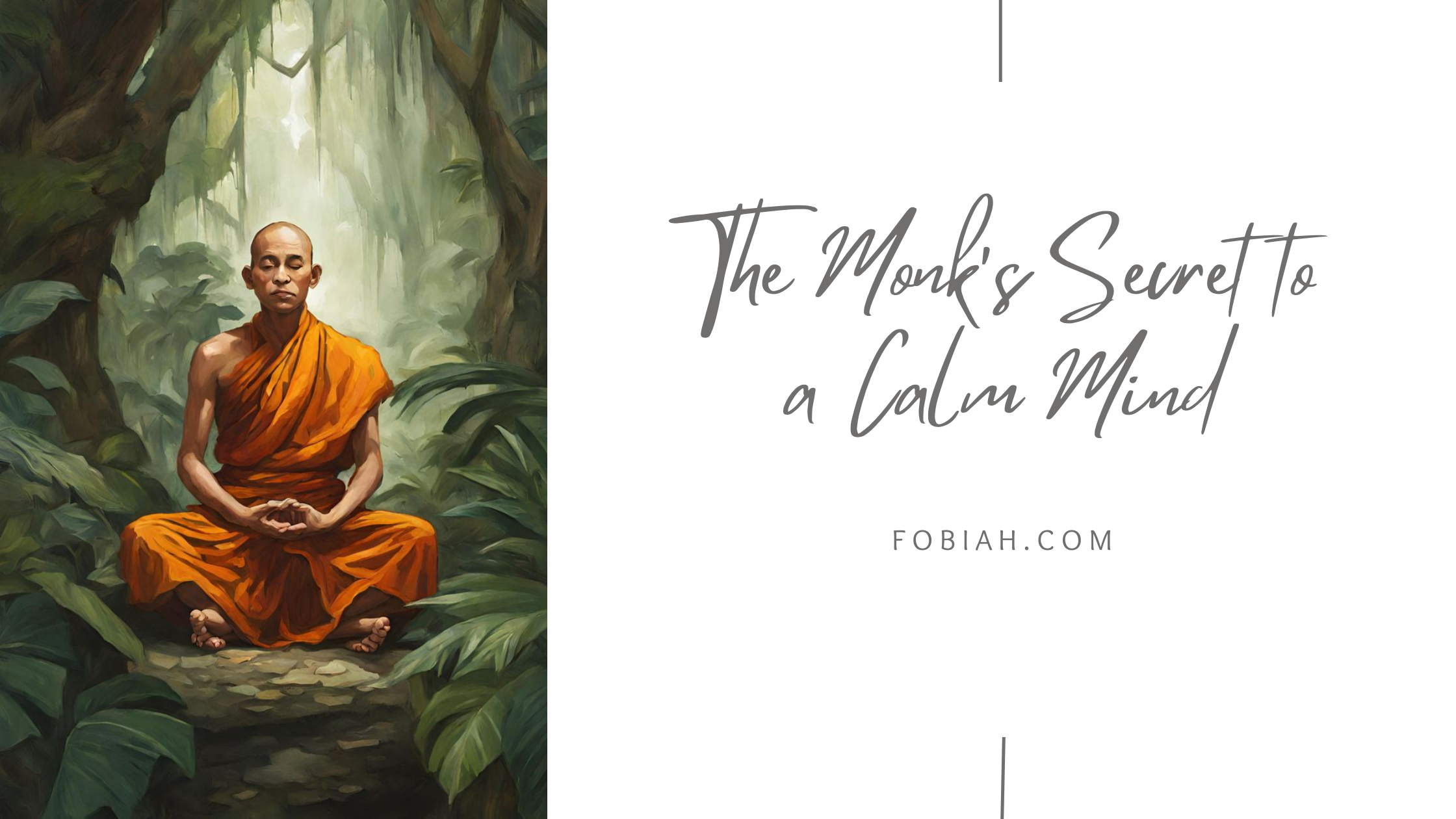Introduction
Anxiety is a common emotion experienced by individuals. It can take various forms, affecting one’s mental, emotional, and physical well-being. In this blog post, will explore the concept anxiety, its causes management strategies, and importance of embracing self-accept in times of distress.
Definition of Anxiety
Anxiety is a natural response to stress or perceived threats. It triggers feelings of fear, nervousness, and unease, often accompanied by physical symptoms such as increased heart rate, sweating, and difficulty concentrating.
Common Causes of Anxiety
Anxiety can stem from a wide range of factors, including genetics, past traumas, environmental stressors, and underlying health conditions. External pressures, such as work deadlines, relationship conflicts, or financial worries can also contribute to feelings of anxiety.
Importance of Addressing Anxiety
Ignoring or dismissing anxiety can lead to long-term negative consequences on both physical and mental health. It is crucial to acknowledge and address anxiety in order to prevent it from escalating into more serious conditions like anxiety disorders or depression.
Normalizing Anxiety
Understanding that anxiety is a normal human emotion is a crucial step towards accepting and managing it effectively.
Understanding the Evolutionary Purpose of Anxiety
Anxiety evolved as a survival mechanism, helping our ancestors detect and respond to threats in their environment. In modern times, this response may be triggered by non-life-threatening situations, leading to excessive worry or fear.
Recognizing the Universality of Anxiety
Anxiety is a universal experience shared by people of all ages, backgrounds, and cultures. Knowing that others also struggle with anxiety can help reduce feelings of isolation and stigma associated with the condition.
Challenging the Stigma of Anxiety
Society often stigmatizes anxiety as a sign of weakness or inadequacy. It is essential to challenge these misconceptions and promote a compassionate understanding of anxiety as a valid human response to stress.
Managing Anxiety
There are various strategies individuals can adopt to cope with anxiety and improve their overall well-being.
Developing Coping Mechanisms for Anxiety
Practicing mindfulness, deep breathing exercises, and engaging in physical activities like yoga or meditation can help individuals regulate their emotions and reduce anxiety levels.
Seeking Professional Help for Anxiety
In cases of severe or persistent anxiety, it is advisable to seek support from mental health professionals such as therapists, counselors, or psychiatrists. They can provide tailored treatment plans and guidance to manage anxiety effectively. It is normal if you are feeling anxious but seeking help to understand the type of anxiety is also important.
Engaging in Self-Care Practices to Alleviate Anxiety
Self-care activities like getting enough sleep, eating a balanced diet, staying hydrated, and setting boundaries can significantly impact one’s mental health and reduce anxiety symptoms.
Impact of Anxiety
Unaddressed anxiety can have profound effects on an individual’s physical, mental, and social well-being.
Physical Effects of Chronic Anxiety
Chronic anxiety can manifest in physical symptoms such as muscle tension, headaches, digestive issues, and weakened immune function. Prolonged stress from anxiety may also increase the risk of developing cardiovascular diseases and other health conditions.
Mental Health Implications of Untreated Anxiety
Untreated anxiety can lead to more serious mental health disorders such as generalized anxiety disorder, panic disorder, or social anxiety disorder. It can also exacerbate existing conditions like depression or substance abuse.
Social Consequences of Severe Anxiety
Severe anxiety can interfere with one’s ability to form and maintain relationships, fulfill work responsibilities, and engage in social activities. It can lead to social isolation, loneliness, and feelings of inadequacy.
Embracing Self-Acceptance
Practicing self-compassion, reframing anxiety as a normal human emotion, and cultivating resilience are key factors in embracing self-acceptance in the face of anxiety.
Practicing Self-Compassion in Times of Anxiety
Being kind and understanding towards oneself during moments of anxiety can help individuals navigate their emotions with greater ease and self-awareness.
Reframing Anxiety as a Normal Human Emotion
Rather than viewing anxiety as a sign of weakness or failure, reframe it as a common human experience that can provide valuable insights into one’s inner workings and promote personal growth.
Cultivating Resilience in the Face of Anxiety
Building emotional resilience through self-care practices, healthy coping mechanisms, and seeking support when needed can empower individuals to overcome challenges and thrive in the face of anxiety.
Conclusion
In conclusion, feeling anxious is a normal human experience that should not be stigmatized or ignored. By understanding and addressing anxiety in a healthy way, individuals can learn to navigate their emotions and lead fulfilling lives.
FAQs:
- Is it normal to feel anxious all the time?
It’s not uncommon to feel anxious at times, but feeling anxious all the time may not be normal and could indicate an anxiety disorder.
- How can I differentiate between normal anxiety and an anxiety disorder?
Normal anxiety is temporary and related to specific events, while an anxiety disorder involves persistent, excessive worry affecting daily life.
- What are some practical ways to manage anxiety on a daily basis?
Managing anxiety includes regular exercise, deep breathing, mindfulness, setting boundaries, and seeking support from loved ones or professionals
Remember, it’s okay if you are feeling anxious, and there are resources and support available to help you navigate through it. Practice self-compassion, seek professional help when needed, and prioritize your well-being above all else.





